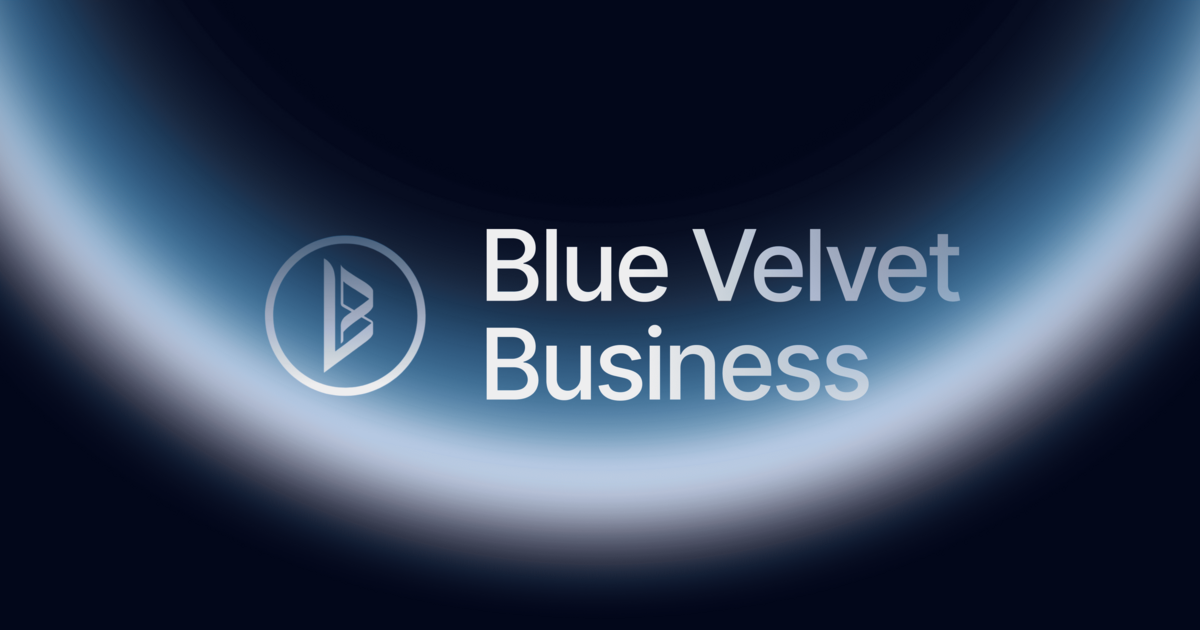Walk down any Main Street in America, and you’ll feel it — that uneasy quiet between what was and what’s next. Some storefronts are thriving, buzzing with energy, while others sit dark behind “For Lease” signs.
It’s not just economic pressure — it’s evolution.
In the next 12 months, every small business in America will face a defining moment. The question isn’t whether the economy will bounce back or if AI will take your job. It’s whether you’re adapting faster than the world is changing.
The winners won’t be the ones who work harder.
They’ll be the ones who adapt smarter.
Why This Moment Is So Unforgiving
Let’s get real for a second: 2026 will be a reset year for small businesses.
We’re coming off a three-year wave of inflation fatigue, AI disruption, and consumer transformation.
According to the U.S. Chamber of Commerce, 42% of small businesses say keeping up with technology is their #1 challenge, while 68% of consumers expect AI-level personalization in how they’re served.
That mismatch is widening every month.
We’re in a new kind of economy — the Speed Economy — where attention, automation, and authenticity decide who gets paid.
So if you’re still running your business like it’s 2019, this isn’t a warning — it’s a countdown.
The Speed Economy: Move Fast or Fall Behind
Customers don’t compare you to your competitors anymore.
They compare you to Amazon.
Response time, order tracking, instant booking — that’s now expected.
Businesses that automate repetitive workflows — scheduling, billing, follow-ups — are saving 30% in labor costs on average while doubling their customer response time.
That’s not an efficiency play. That’s survival math.
List the top five manual tasks that drain your week. Automate or delegate them within 30 days.
You’re not paid for your time — you’re paid for the velocity of your systems.
The Human–AI Hybrid Wins
AI isn’t replacing small businesses.
It’s replacing slow businesses.
The real winners will use AI to amplify, not imitate.
Consider a small dental clinic in Austin: they use AI to predict cancellations and send rebooking messages before patients ghost. No-show rates dropped 60%. That’s not “tech magic” — it’s operational foresight.
AI doesn’t erase your authenticity — it gives it a spotlight.
Use AI tools to handle data, scheduling, and copy — but keep you in the story. Your voice, empathy, and humanity are your differentiators.
The threat isn’t AI. It’s resistance to evolution.
From Local to “Glocal”
Every small business is now global.
Social platforms have erased geography. A boutique in Tulsa can out-market a chain in L.A. — if they tell a better story.
According to Shopify, 4 out of 5 U.S. online shoppers bought from a business outside their state in 2025.
That’s not a trend — that’s your new addressable market.
Start building for reach, not just radius.
Invest in your online presence like it’s your second location — because it is.
You’re not a “local business.” You’re a trusted brand that happens to be local.
Recession-Proof = Relationship-Proof
When budgets tighten, people don’t stop spending — they stop risking.
They buy from those they trust.
During the slowdowns of 2020–2024, small businesses that actively built communities (via newsletters, membership programs, or customer groups) saw 30–50% higher retention than those relying on social media alone.
Social algorithms can vanish overnight. Your email list won’t.
Build your owned audience now.
Start a weekly or biweekly email that adds value, not noise. Educate, inspire, remind — but don’t vanish.
Connection is currency. If you’re not nurturing relationships, you’re renting relevance.
The Founder Identity Shift
If your business is stuck, odds are it’s not your market — it’s your mindset.
Founders who’ll thrive in 2026 aren’t operators; they’re architects. They build systems, not stress. They measure leverage, not labor.
You can’t scale chaos.
Audit your calendar. If less than 70% of your time is spent on growth, brand, or strategy — you’re working in the business, not on it.
Start replacing yourself in low-value areas. Every hour you free up buys you an opportunity.
The next level of income lives on the other side of your current comfort zone.
The Clock Is Ticking
Here’s the hard truth: you don’t have five years to figure this out. You have twelve months.
By next fall, the gap between adapted and outdated will be unbridgeable.
But this isn’t doom — it’s your greatest opening. Small businesses have something big corporations don’t: agility.
You can pivot faster, personalize better, and innovate without a 12-person meeting.
So, use 2026 as your pivot window. Adopt the tools. Strengthen your systems. Deepen your audience.
Because 2026 won’t reward the biggest — it’ll reward the boldest.
Adapt or fade. The choice — and opportunity — is yours.



